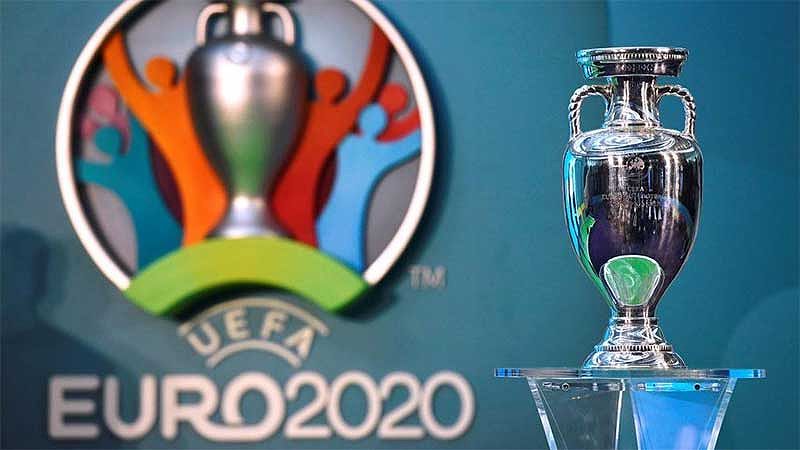The UEFA European Championship, commonly known as EURO, stands as a hallmark of international football, celebrated every four years. This quadrennial event, while revered for its thrilling matches and cultural resonance, grapples with the delicate balance between the ambitions of established footballing nations and the aspirations of smaller member associations seeking qualification. The fierce competition and logistical intricacies inherent in hosting such a grand event also present significant challenges.
The Quadrennial EURO: A Strategic Masterpiece
The Rationale Behind a Four-Year Cycle
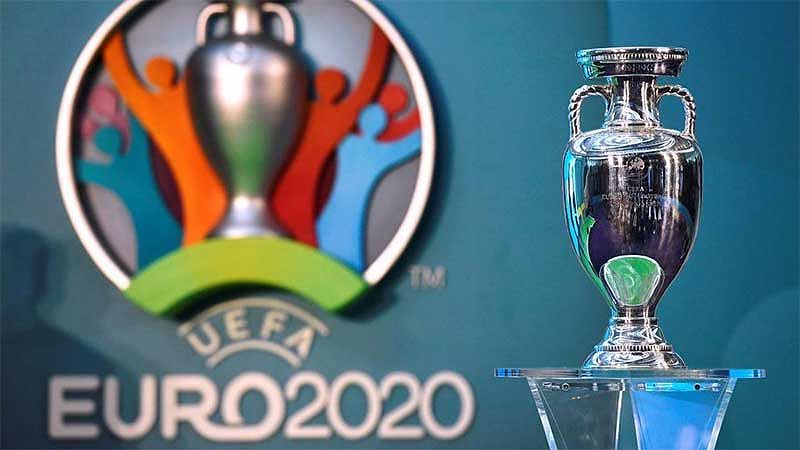
The decision to host the EURO every four years is deeply rooted in strategic planning by UEFA, the governing body of European football. This four-year cycle not only allows nations to prepare adequately and develop their teams but also aligns with the typical length of a national team’s strategic planning cycle. Many national teams operate on four-year cycles for their coaching staff and player development programs, creating a structured approach to team building and preparation. This synchronization enables countries to adapt their strategies, implement coaching changes, and focus on player development without the pressure of annual tournaments.
By scheduling the EURO two years after the FIFA World Cup, UEFA ensures that football fans remain engaged with high-stakes international tournaments year-round. This strategic positioning prevents audience fatigue, allowing anticipation for the EURO to build as national teams compete for their chance to shine. Such a well-timed approach creates a seamless transition of excitement from one tournament to the next, keeping fans invested throughout the footballing calendar.
The Competitive Qualification Process
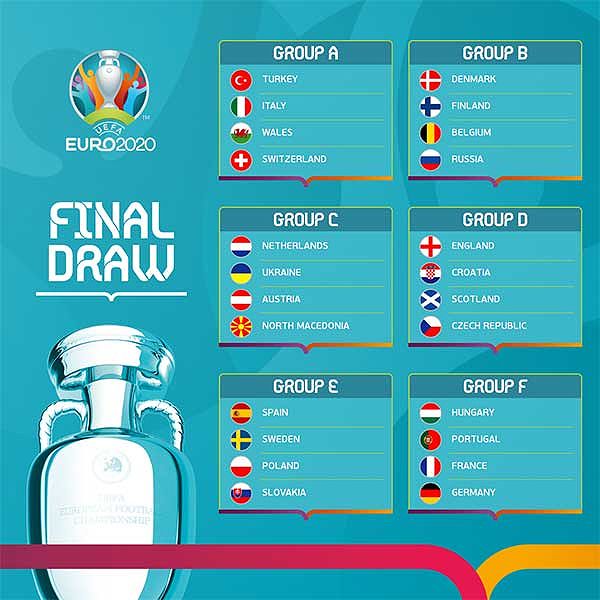
The qualification process for the EURO is a complex journey, involving 55 UEFA member associations all vying for a limited number of spots in the tournament. Typically starting two years before the tournament, the qualification rounds feature multiple matchdays where teams are divided into groups. The top teams advance to the finals, showcasing the depth of talent across Europe.
Recently, the UEFA Nations League has significantly impacted EURO qualification, adding complexity and a new pathway for teams. For EURO 2024, UEFA has integrated Nations League standings to seed teams into qualification groups, providing additional opportunities for nations to secure their place in the tournament. This new structure not only intensifies the competition but also allows teams that may have struggled in traditional qualifying routes to have a chance at participating.
During the qualification for EURO 2024, which spans from 2023 to late 2024, fans will witness their favorite teams compete in a series of crucial matches, each one pivotal for determining advancement. This intricate qualification structure not only heightens the stakes but also offers smaller footballing nations a chance to demonstrate their skills on a grand stage.
Impact of the FIFA World Cup
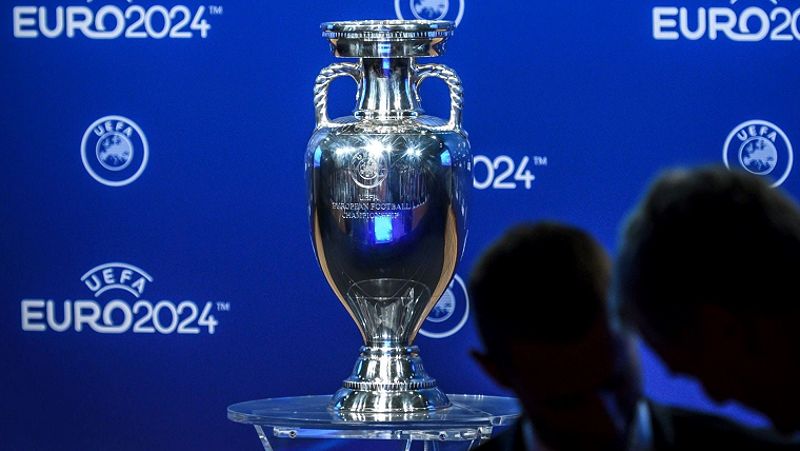
The scheduling of the EURO every four years, in tandem with the FIFA World Cup, enhances the appeal of both tournaments. This deliberate timing creates a continuous cycle of international football, allowing fans to transition smoothly from one significant event to another without losing interest. Each tournament builds on the excitement of its predecessor, creating a rich narrative that engages fans throughout the years.
The interplay between the EURO and the World Cup fosters an environment where teams can learn from their experiences, adapt strategies, and showcase their talents. This duality ultimately enriches the sport, ensuring that both tournaments remain relevant and captivating for football enthusiasts.
A Journey Through EURO History: From Humble Beginnings to Global Spectacle
The Early Years: Establishing the Tournament
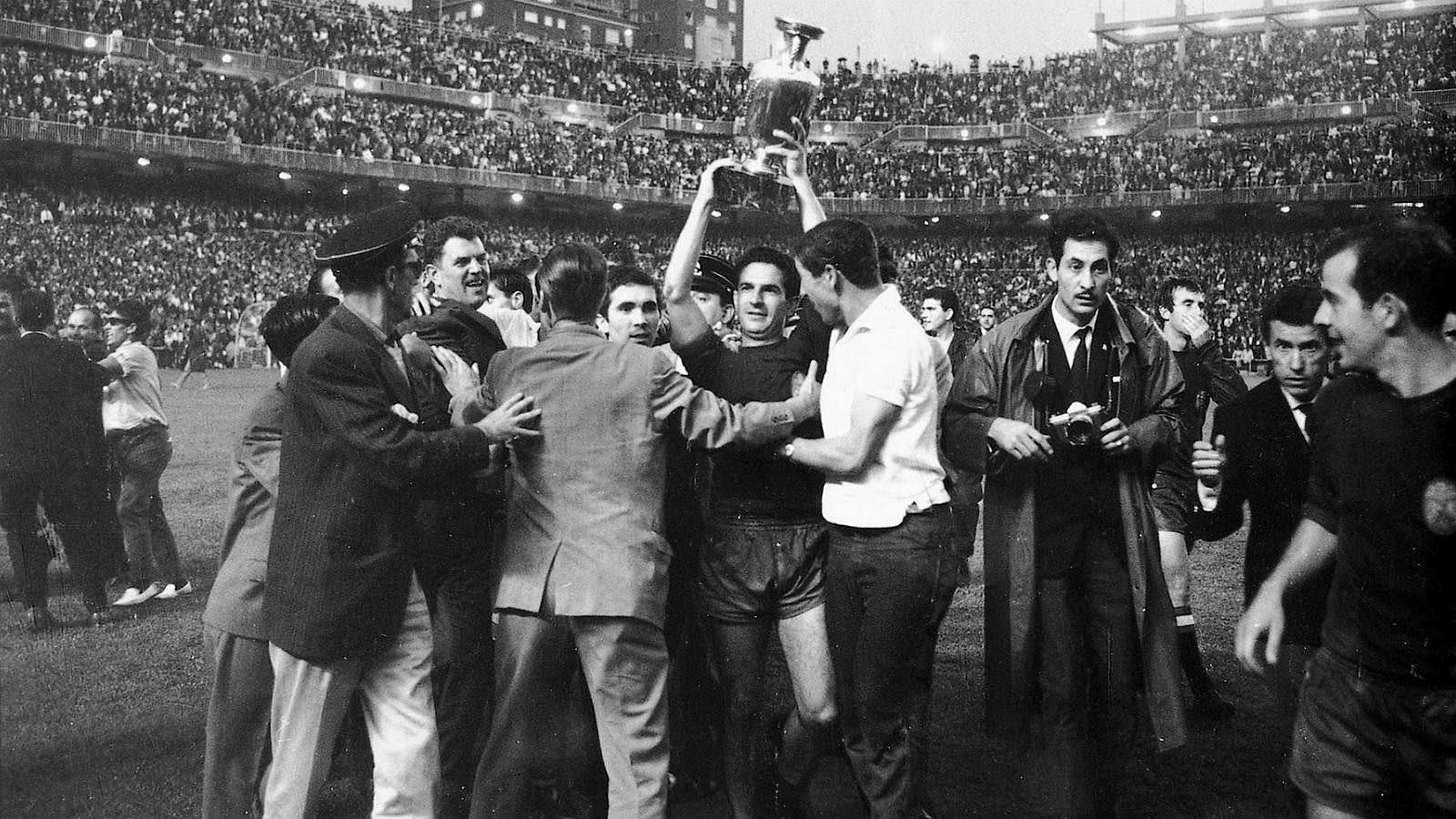
The inaugural UEFA European Championship took place in 1960, originally known as the UEFA European Nations Cup. With only four teams competing in a knockout format, the tournament set the stage for future editions, with the Soviet Union emerging as the first champion. The early years were marked by a gradual yet steady expansion, with more teams entering and new footballing nations making their mark on the tournament’s history.
A standout moment in the 1968 tournament was the unique final format, which required a replay due to a draw. Italy ultimately claimed victory, a milestone that solidified its place in EURO history. These formative years laid the groundwork for what would evolve into one of the most prestigious competitions in international football.
Expansion and Evolution: 1980-2000
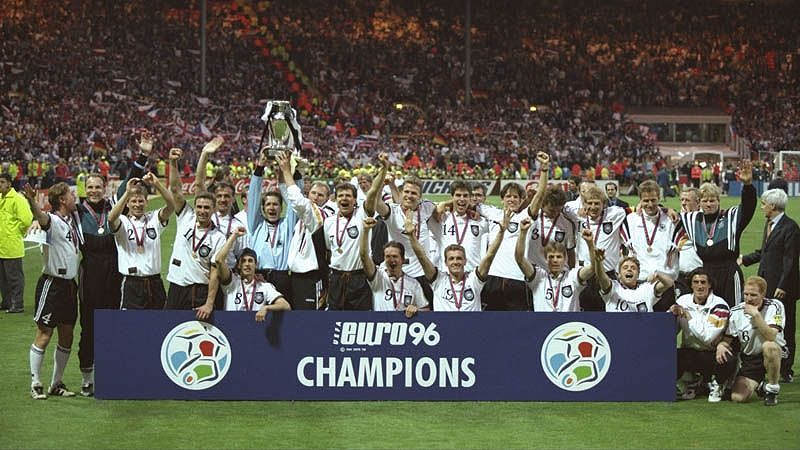
From the 1980s onward, the EURO underwent significant transformation, evolving from a four-team format to accommodating 16 teams by 1996, and later expanding to 24 teams by 2016. This expansion allowed for greater representation across Europe, enhancing the competitive nature of the tournament.
Key moments during this era include the introduction of penalty shootouts in 1976, which added drama to matches that ended in a draw. The tournament has also witnessed remarkable upsets, such as Greece’s shocking victory in 2004, where they defeated favored teams to claim their first championship.
The 1988 final, where the Netherlands defeated the Soviet Union, marked a pivotal moment in EURO history, showcasing the evolution of the tournament into a more competitive arena. The victory not only solidified the Netherlands’ status in European football but also demonstrated the emerging tactical innovations that were shaping the game.
The Modern Era: Global Spectacle
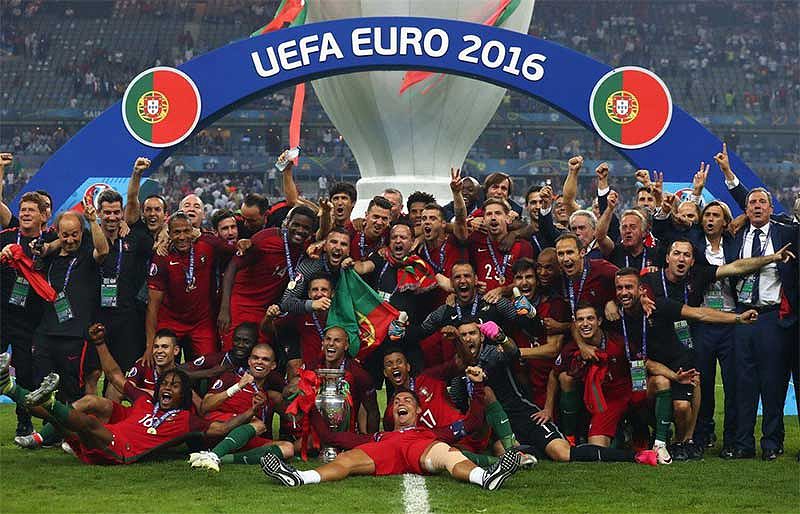
The modern EURO has become synonymous with exhilarating football, unforgettable goals, and moments that resonate with fans long after the final whistle has blown. The tournament’s history brims with unforgettable moments etched into the collective memory of football fans globally—from breathtaking goals to heart-stopping upsets.
Iconic matches like the 2008 final between Spain and Germany showcased Spain’s rise to prominence in world football, with a display of fluid passing and tactical brilliance. Likewise, the 2016 final between Portugal and France, characterized by its dramatic moments and strategic play, left a lasting cultural impact, reinforcing the unpredictability and excitement of the tournament.
These thrilling encounters have not only defined the tournament but also influenced the broader landscape of international football, inspiring future generations of players and fans alike.
Understanding the EURO Tournament Structure: Qualification to Finals
Qualification Stages: A Detailed Overview
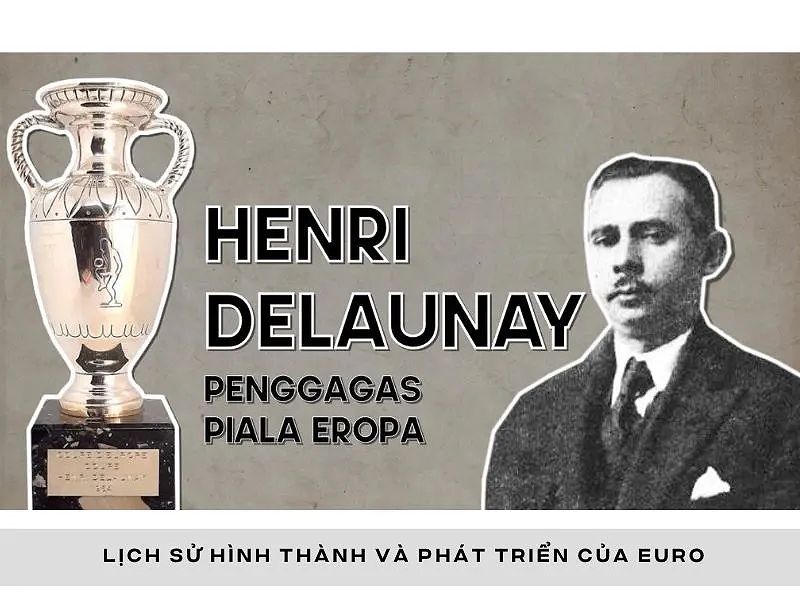
The qualification for the EURO is a comprehensive and competitive process that begins with numerous teams competing for a place in the tournament. Teams are divided into groups, where they play home and away matches to accumulate points. The top teams from each group qualify for the final tournament, while the best-performing third-placed teams also have a chance to progress.
This detailed qualification format ensures that every match is significant, creating a high-stakes environment where teams are often under immense pressure to secure their spots. The excitement generated during this phase sets the stage for the tournament itself, as teams emerge with varying degrees of confidence and momentum.
The Group Stage: Determining Advancement
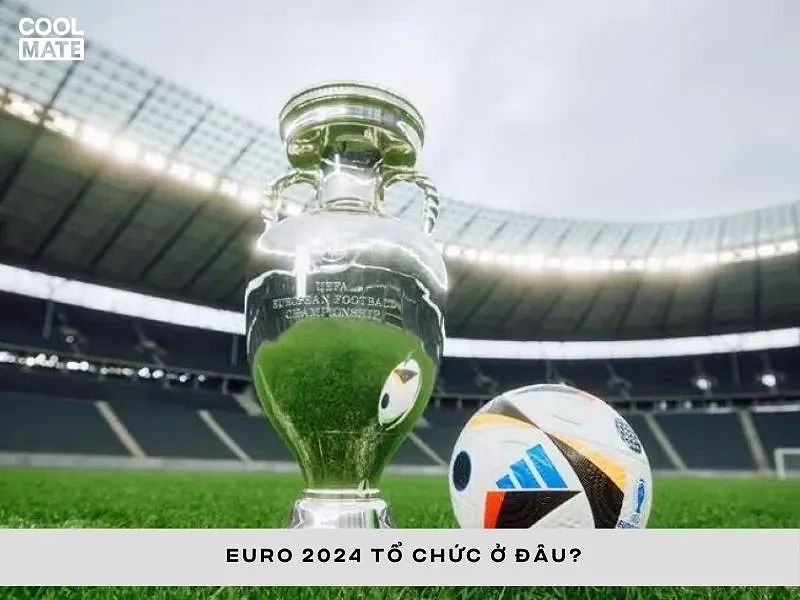
Once the qualification process concludes, the EURO tournament kicks off with a group stage. Teams are divided into groups, where they play each other in a round-robin format. This structure allows for multiple matches to unfold simultaneously, heightening the tournament’s excitement.
Points are awarded for wins and draws, with the top two teams from each group advancing to the knockout stage. Tie-breakers, such as goal difference and head-to-head results, come into play when teams finish with equal points, adding an additional layer of intrigue to the proceedings.
The Knockout Stage: A Single-Elimination Format
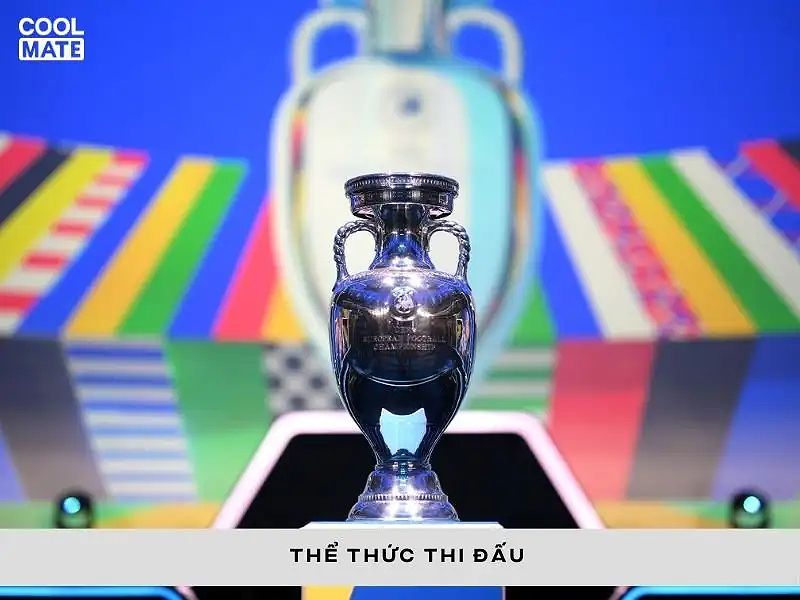
After the group stage, the tournament transitions to a knockout format. This single-elimination structure heightens the stakes, as teams face elimination with each match. The Round of 16, quarter-finals, semi-finals, and the final comprise this high-pressure phase, where every moment counts.
This knockout format has led to some of the most thrilling matches in EURO history, where teams must summon their best performances to survive. Fans relish the drama of sudden-death football, where a single goal can alter the course of a team’s campaign.
Recent Changes and Their Impact
In recent editions of the EURO, UEFA has implemented changes to the tournament format to enhance competitiveness and inclusivity. The expansion to 24 teams in 2016 allowed for a broader representation of nations, resulting in a more diverse and competitive tournament.
These changes reflect UEFA’s commitment to evolving the tournament while preserving its core essence—a celebration of European football that captivates fans every few years. The adjustments have invigorated the competition, ensuring that it remains relevant and engaging for audiences worldwide.
Increasing Trends: The Role of VAR
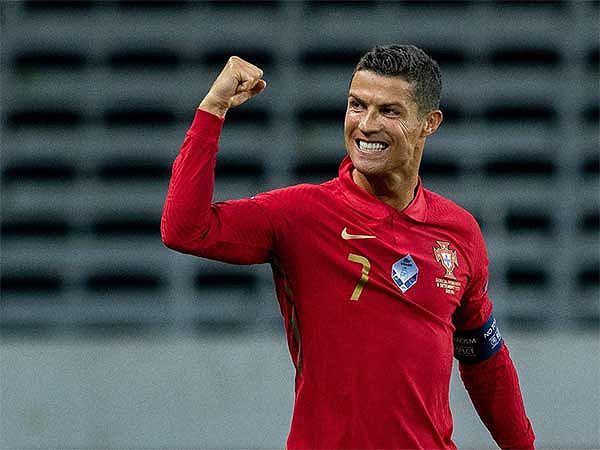
One of the most significant contemporary trends in recent EURO tournaments has been the increasing use of VAR (Video Assistant Referee). Introduced to enhance officiating accuracy, VAR has sparked both support and controversy among fans and players alike. While its implementation aims to rectify clear errors in critical match situations, it has also led to debates over the flow of the game and the emotional reactions of players and supporters.
Controversies surrounding VAR decisions, particularly in high-stakes matches, have raised questions about its future role in the tournament. As UEFA continues to evaluate its effectiveness, the potential for further innovations in officiating remains a topic of interest in the evolving landscape of international football.
The Cultural Impact and Legacy of the EURO
The Cultural Impact of the EURO
The EURO extends far beyond football, influencing culture, national pride, and community spirit across Europe. The tournament fosters a sense of unity among fans, bringing people together to support their nations. This shared experience often transcends borders, with fans traveling to host countries to witness the action firsthand.
Economically, the EURO generates substantial activity, benefiting local businesses and tourism in host nations. The influx of fans creates a festive atmosphere, contributing to the cultural fabric of host cities. The legacy of the EURO extends beyond the pitch, leaving a lasting impact on communities and nations alike.
The Legacy of the Tournament
Each edition of the EURO leaves a unique legacy that shapes the future of football in participating nations. The tournament often catalyzes infrastructure development, with host countries investing in stadiums and facilities to accommodate fans. This investment not only enhances the footballing landscape but also contributes to the long-term growth of the sport.
Furthermore, the success of national teams in the EURO can inspire future generations of players. Young athletes look up to their heroes on the international stage, motivating them to pursue their dreams in football. The EURO serves as a platform for talent discovery and development, ensuring the continued evolution of the sport.
Conclusion
The UEFA EURO, held every four years, stands as a cornerstone of European football. Its quadrennial schedule allows for optimal player development and maximizes excitement for fans worldwide. From its humble beginnings to its current status as a global spectacle, the EURO continues to create unforgettable moments and shape the landscape of international football. As we look forward to EURO 2024 and beyond, the anticipation for this celebrated tournament only continues to grow, ensuring that football fans will remain engaged and passionate about the beautiful game. The dynamic nature of the tournament, coupled with its rich history and cultural significance, makes the EURO an event that resonates deeply with fans across the continent and beyond.

